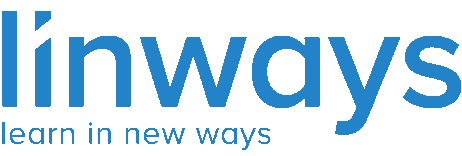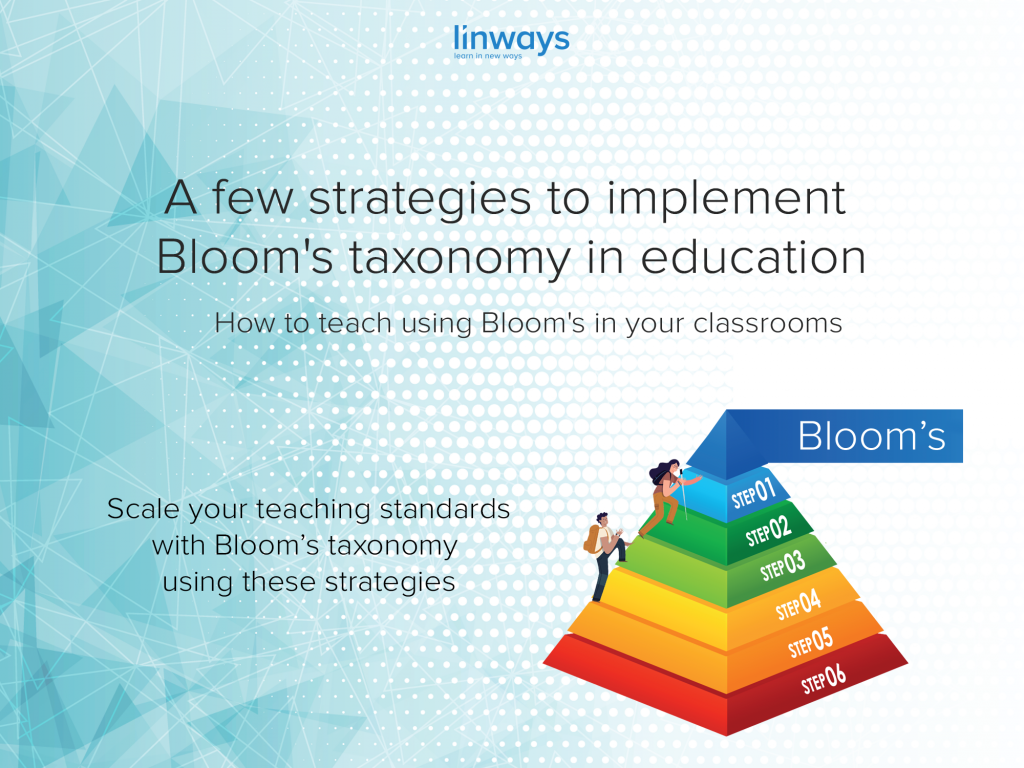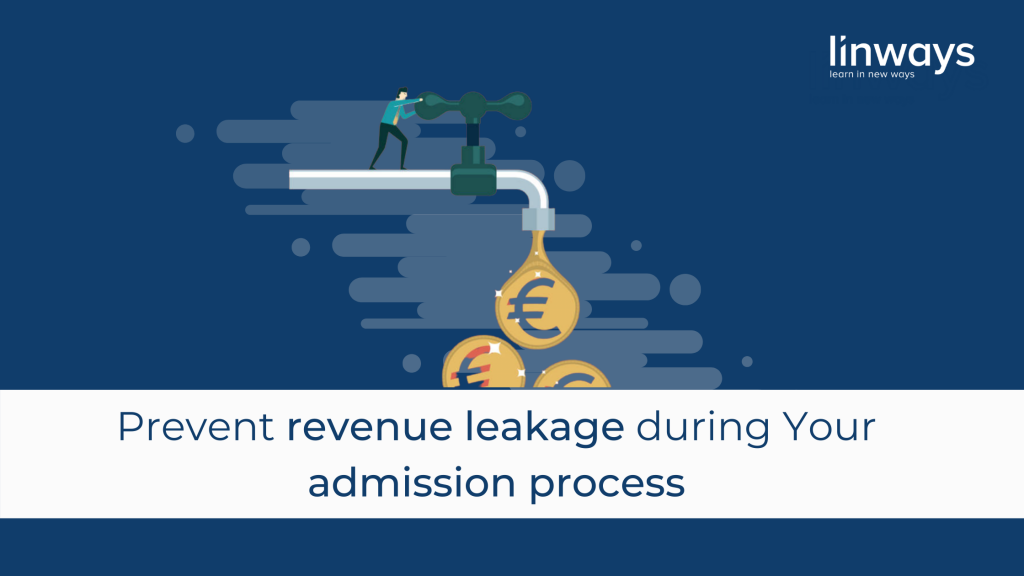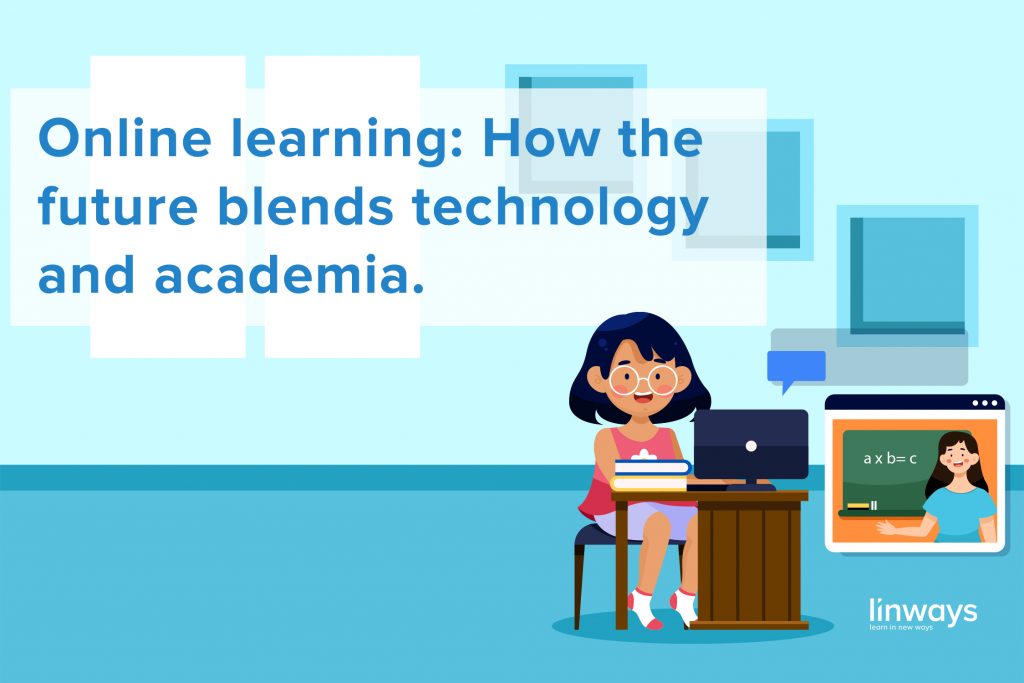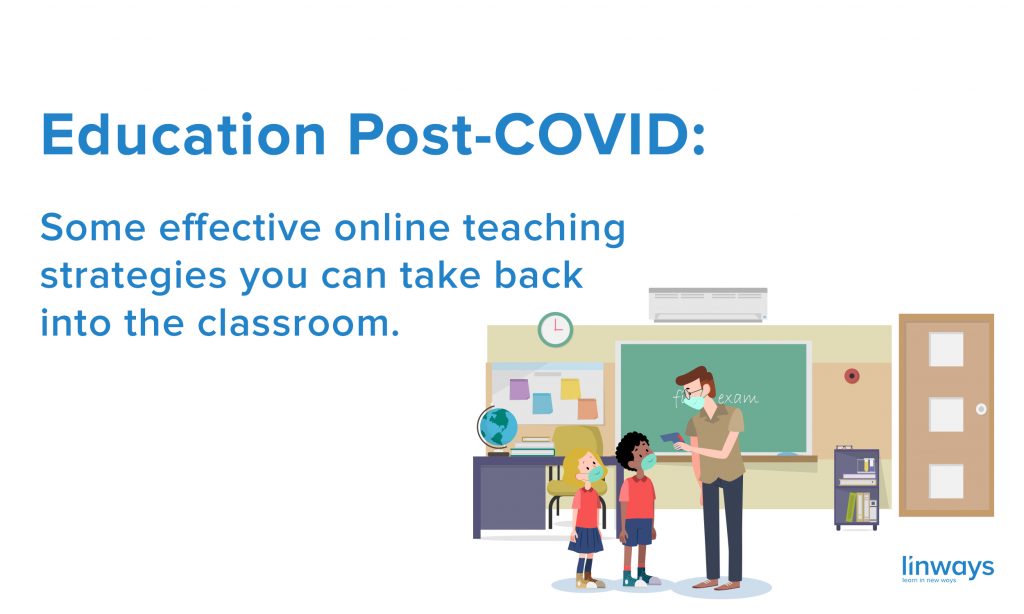
The world will never lose the sense of a global pandemic and it will eventually play a part if policies and regulations for the foreseeable future. However, as the COVID19 pandemic is slowly losing its grip, we should also prepare ourselves for a post-COVID situation. Preparedness and planning to maintain relevance in the future of education is a whole topic in and of itself. We have talked about this in many of our previous blogs. This time, we have come up with some useful strategies for you to prepare for the post-COVID time. Some useful stuff that you might be already familiar with during online classes that you can take back into the classroom when classes reopen.
Synchronous and asynchronous learning
Synchronous learning is when learners and instructors are interacting in real-time. All the learners are on the same page at the same time. Asynchronous learning, on the other hand, is the exact opposite. It’s when a group of students learns at their own pace in their own time.
In physical classrooms, teachers can use a perfect blend of these (like mentioned in the sync teaching model). Teachers can bring all the students together for crucial interactive sessions or discuss important topics. The sub-topics or less important ones can be left for asynchronous learning where students explore a topic based on the guidelines and instructions of the teacher.
Lesson planning
Again, we have talked about the importance of planning and strategy on education. But in most cases, teachers only rely on lesson plans which give little insights onto the what, when, and how. Teachers can make use of learning management platforms like Linways LMS to create detailed lesson plans and record their strategies, techniques, and results in real-time. Teachers can also create weekly schedules that cover which areas to cover using which teaching method, and follow up on that using an actual schedule.
Making the time count
Previously in physical classrooms, there was an abundance of student-teacher interactions. But when we had to switch to online learning all of a sudden, that abundance was lost and teachers had to rely on pre-planned structure and targets on which areas to focus and which topics are important. You can bring this back to the regular classroom and assign outcomes or goals to each section before you teach it. This will allow teachers to assert great control over the curriculum and how it’s being taught.
Outcome-based education is a great way to stay on track and it gives a sense of direction for the entire student-teacher community. It follows the thought: “There are these goals we need to achieve and this is what we have to do in order to reach it.
Adaptability and technology integration
During the COVID19 era, one thing that became crystal clear is that we already have the necessary technology to digitize education. Teachers across the world rose up to beat the virus and our students survived. But this also proves that we can and should integrate more technology into the teaching-learning process. For the improvement of quality if not for reducing a huge workload for the teachers.
Assessment strategies
For the past few months, all the exams were conducted online (at least all the minor ones). With the help of technology platforms like Linways, we can put more meaning into planning and executing assessments. They should not be a cyclical event for grades, but rather a continuous process that feeds data and information for course-correction and improvement.
Every piece of assessment, whether it from inside the classroom or as an examination, should add to a particular student’s profile and gives insight for the teacher about how to help that student achieve better outcomes. Assessments of other factors can also be considered while strategizing. For instance, the assessment of teachers, collecting feedback from the students, assessing the institution’s ability to solve problems, etc. these also help for evaluations from accreditation agencies and gives an edge over the competition while students choosing where to go.
So there you have it. We have curated these topics from our research and interactions from teachers who are currently planning for a post-COVID situation. If you are a teacher and the future of education is your concern, let us know in the comments about your perspective and we can maybe start a meaningful discussion on it. Also please subscribe to our blog to receive fresh blogs delivered into your inbox every week.
Also published on Medium.
